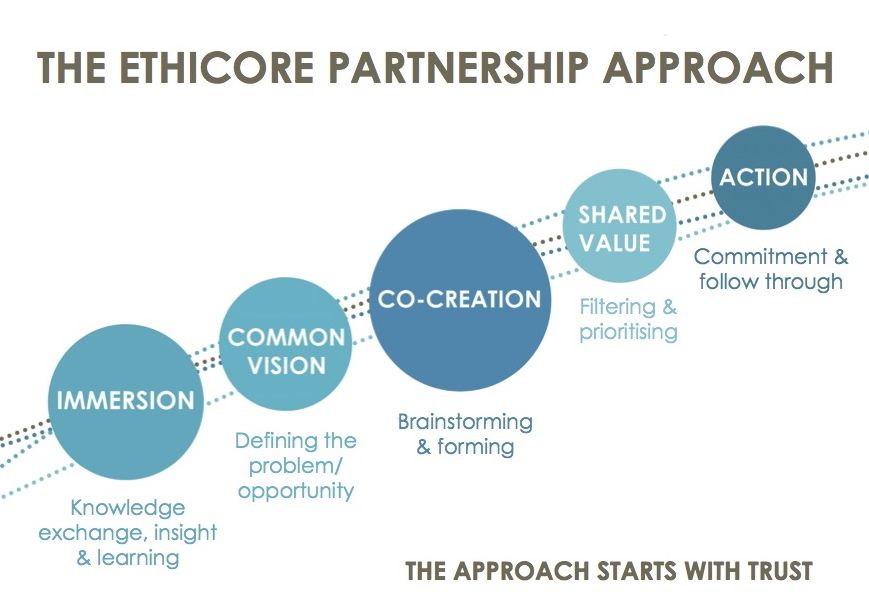The role of business in development is maturing. Partnership is moving out of a position in philanthropy, firmly in to new business development, which in NGO language, means new models for development. This week, discussions about building a new global partnership with business, convened by Business Action for Africa, really delved in to the stuff of partnership. How refreshing. Here are some of the key insights from the discussions and their great report:
- Business now needs to measure its net impact. Shareholder returns in country, tax, sustainable terms with farmers and infrastructure are all part of this calculation, along with jobs. Business will need government and NGO input on this.
- Business delivers jobs, but not all jobs are the same and jobs alone do not necessarily reduce poverty! Look at the proportion of skilled, sustainable and more senior jobs created locally too.
- Social impact work needs steady direction from the post-2015 framework to enable investment, as it is inherently long-term return and risky. Financial institutions working with government can identify bankable investments to leverage risk capital.
- Business will seek to consolidate projects after exponential growth. NGOs went through a similar period of consolidation after their last phase of growth. Data will be increasingly important (see point 2!).
- Manufacturing is moving in to Africa and business will need to support effective policy making as well as governance and standards locally.
Alistair Fernie of DfID; Anne McCormick of Diageo Africa; Inci Yalman of Standard Chartered; and Duncan Learmouth of GSK were thoughtful and open. Their reflections on the challenges for business and government helped highlight the opportunities we have with the post 2015 agenda. Okay, so this is not the practical framework for partnership. But what it indicates is the direction this work is going, and highlights that readiness to partner is now business critical. Let’s tackle the practical partnership essentials in another blog.
For details on specific partnership case-studies, read this great report from Business Action for Africa, Harvard Kennedy School and The Partnering Initiative titled, ‘A New Global Partnership With Business.’

